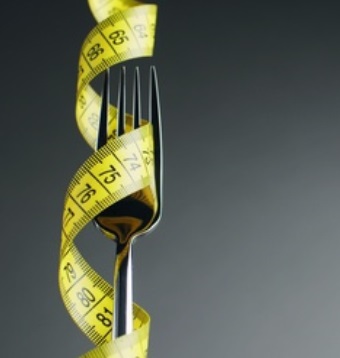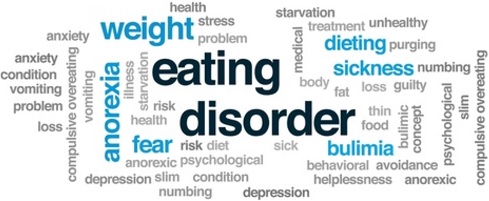

Sharon Gaffney Counseling





| Behavioral Warning Signs | |||
| Behavioral symptoms are commonly present in those with eating disorders. While you may recognize some of these symptoms in someone you care about, these signs can still be concealed and may be challenging to detect. | |||
| · Dieting behavior (e.g., fasting, counting calories/kilojoules, avoiding food groups such as fats and carbohydrates) · Eating in private and avoiding meals with other people · Evidence of binge eating (e.g., disappearance and/or hoarding of food) · Frequent trips to the bathroom during or shortly after meals |
· Vomiting or using laxatives, enemas, appetite suppressants or diuretics · Changes in clothing style (e.g., wearing baggy clothes) · Compulsive or excessive exercising (e.g., exercising in bad weather, continuing to exercise when sick or injured, and experiencing distress if exercise is not possible) |
· Changes in food preferences (e.g., claiming to dislike foods previously enjoyed, sudden preoccupation with ‘healthy eating,’ or replacing meals with fluids) · Obsessive rituals around food preparation and eating (e.g., eating very slowly, cutting food into tiny pieces, insisting that meals are served at the same time every day) |
· Extreme sensitivity to comments about body shape, weight, eating and exercise habits · Secretive behavior around food (e.g., saying they have eaten when they have not, hiding uneaten food in their rooms) |
| Psychological Warning Signs | |||
| Psychological warning signs can be challenging to detect in anyone suffering from an eating disorder. They usually only come to light through changes in behavior or discussion and conversation. | |||
| · Preoccupation with eating, food, body shape, and weight · Feeling anxious and or irritable around mealtimes |
· Feeling ‘out of control’ around food · 'Black and white’ thinking (e.g., rigid thoughts about food being ‘good’ or ‘bad’) |
· A distorted body image. · Using food as a source of comfort (e.g., eating as a way to deal with boredom, stress or depression)) |
· Using food as self-punishment (e.g., refusing to eat due to depression, stress or other emotional reasons) |
| Physical Warning Signs | |||
| · Rapid weight loss or frequent weight changes. · Loss or disturbance of menstruation in girls and women and decreased libido in men. |
· Fainting or dizziness · Feeling tired and not sleeping well. |
· Lethargy and low energy. · Signs of damage due to vomiting, including swelling around the cheeks or jaw, calluses on knuckles, damage to teeth, and bad breath. |
· Feeling cold most of the time, even in warm weather |
| *Nation Eating Disorders | |||



